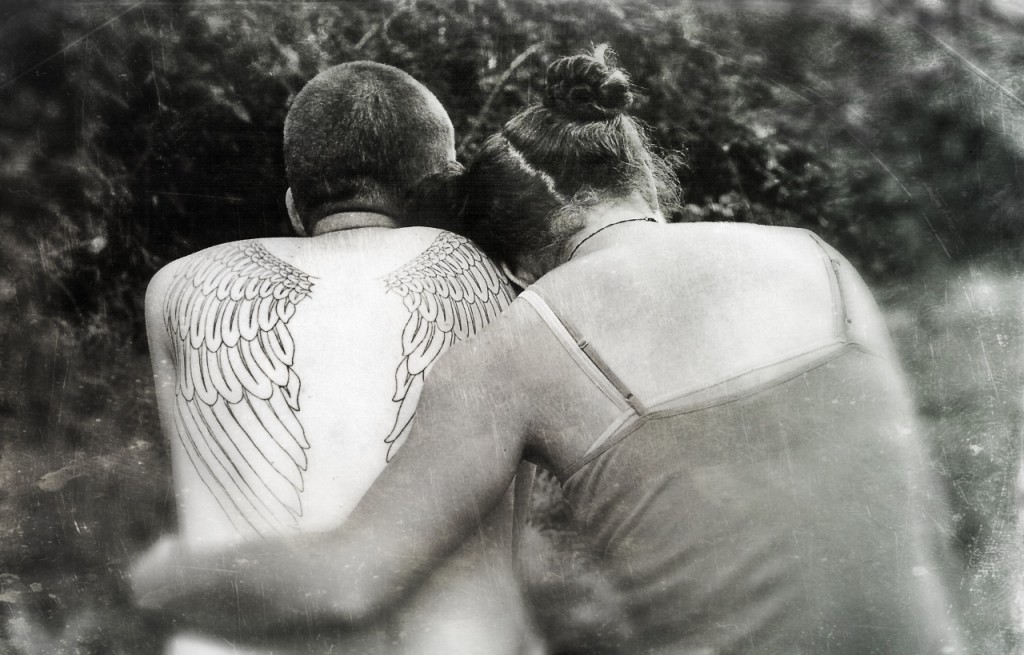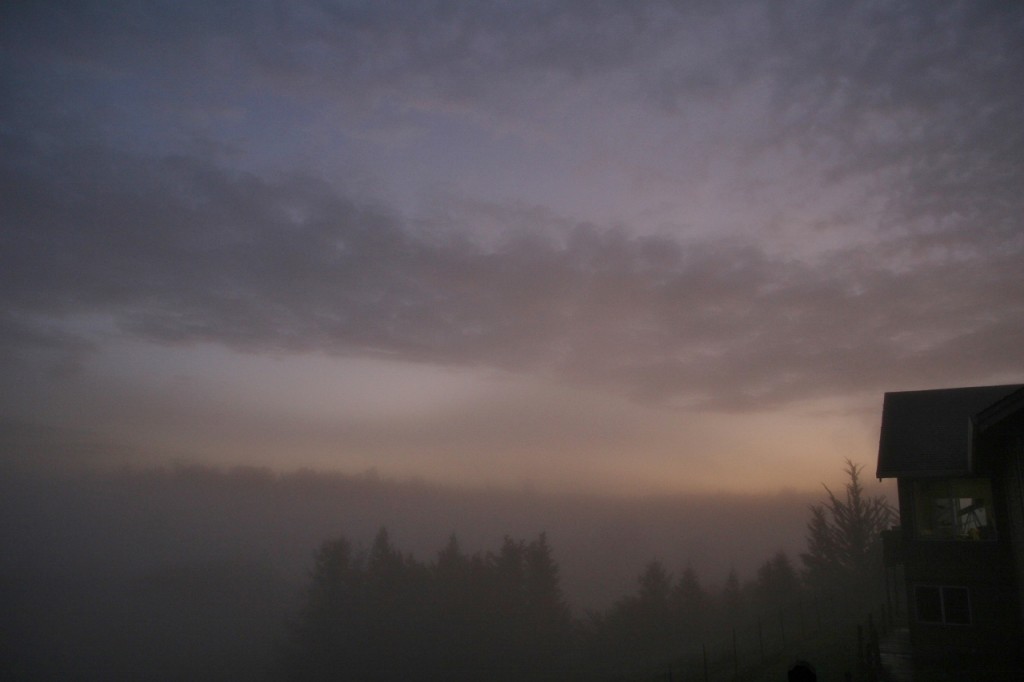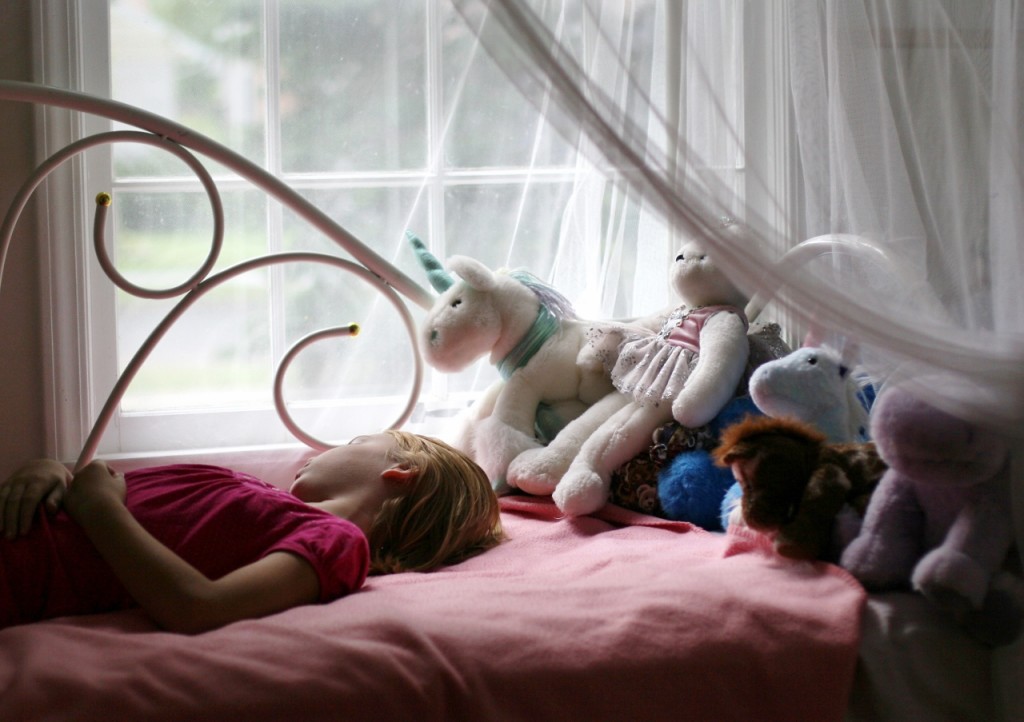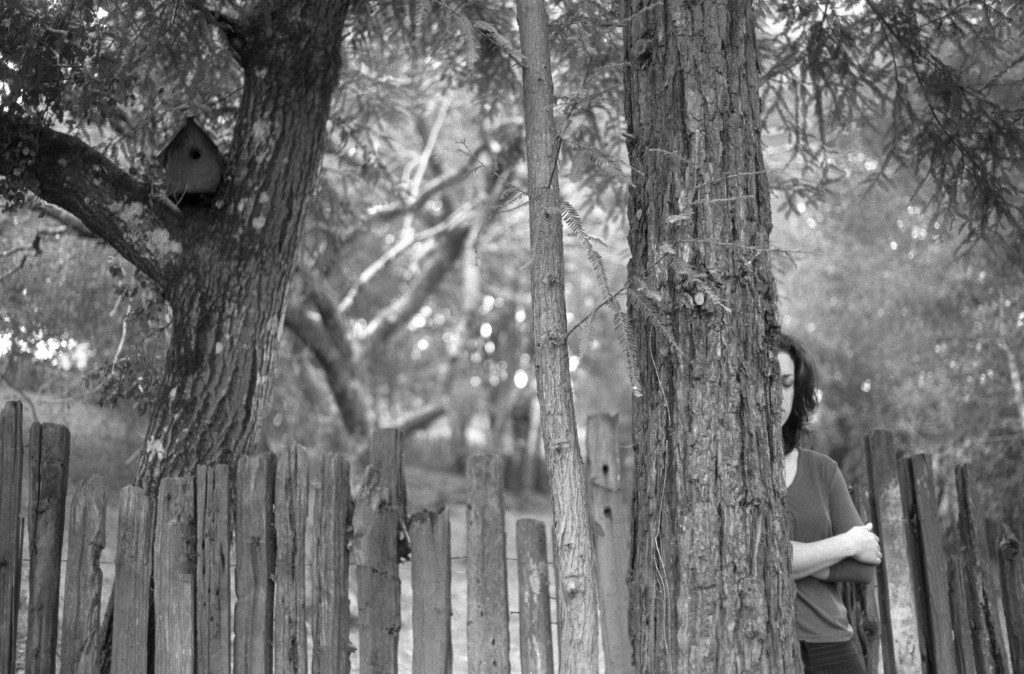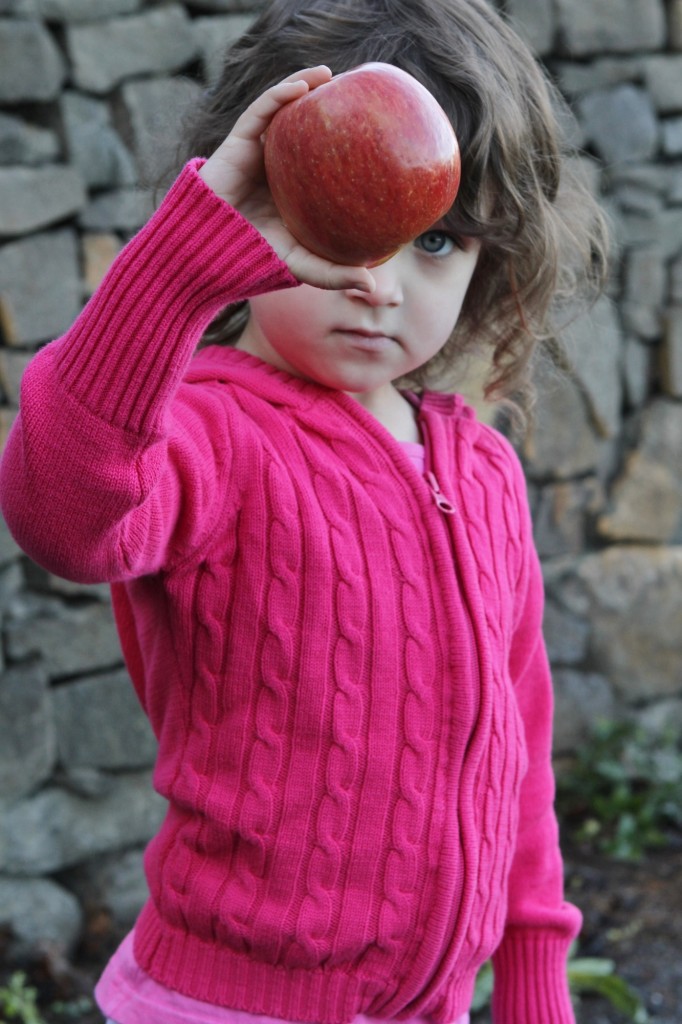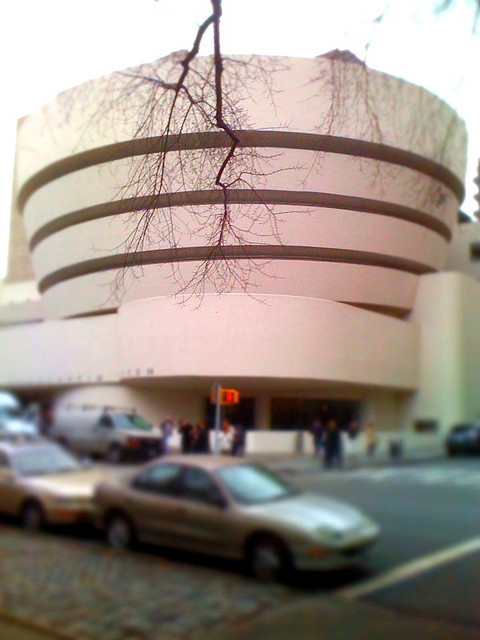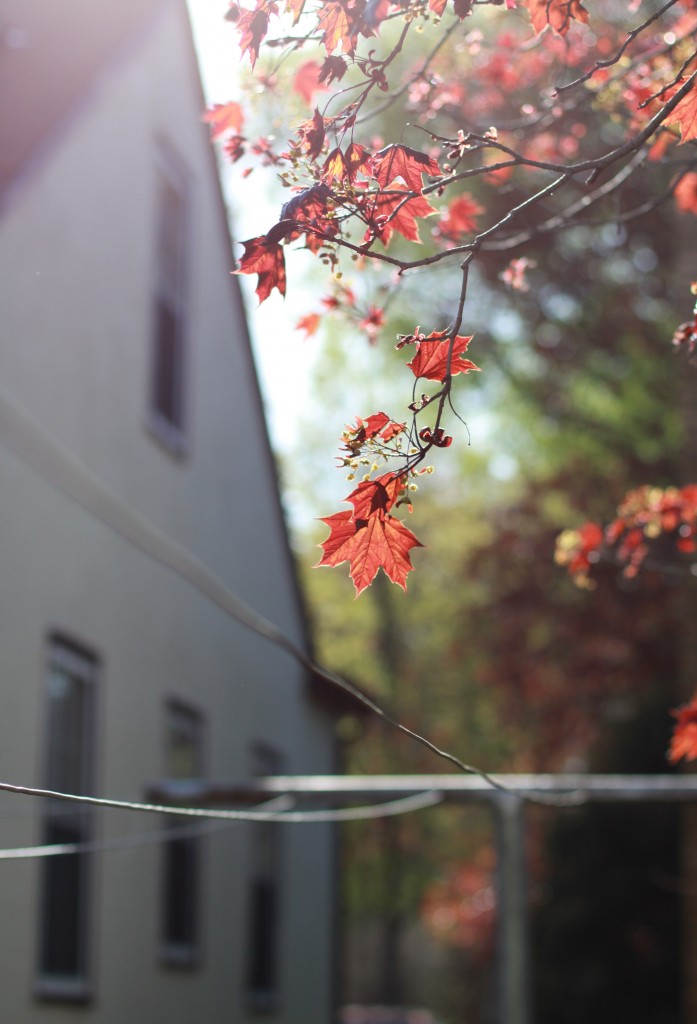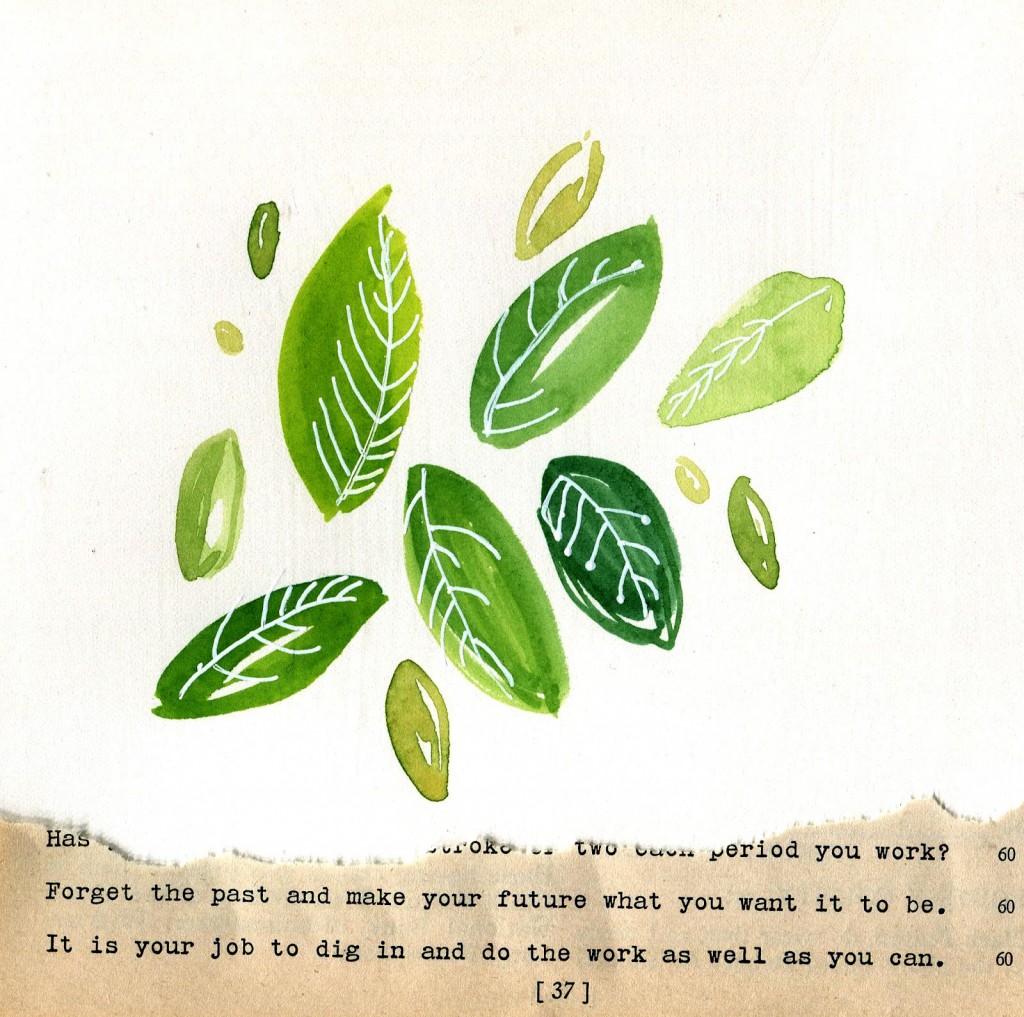
By Linda L. Crowe
I have a ten o’clock hair appointment with Barb, who lives a quarter-mile from my house. Before she moved here three years ago, I had to drive thirty miles for a cut. Now, as I walk down the leaf-strewn gravel road, the day is cool, but the sun warms my back under a crystal blue sky.
Barb is standing on her front deck, tapping on her smartphone. She’s wearing a nice dress, instead of her usual slacks and loose tunic. Her sister, Cindy, pulls up in her SUV, and she’s dressed up, too.
“Our father just passed away,” Barb calls to me, filling the words with her usual mix of calm and intensity, the kind that I always associate with an emergency preparedness drill. “Come on in.”
I halt in the yard and hold both hands up. “No,” I say, “No hair cut today.” I think of Cecil, the farmer, and how, if you closed your eyes, you’d swear it was Andy Griffith talking to you. The last time I saw him, he was stick thin, out mowing his field in the late summer sun. He waved to me from his tractor. I waved back.
In a way, his death is not unexpected. Everyone on our road knows that hospice has been on the scene for the last few months. I look up the hill toward Cecil’s house and picture him laid out on his bed, waiting for the coroner.
“There is nothing for us to do,” Barb says, “He’s dead now.”
“We don’t have anything else to do,” Cindy agrees.
“You have a million things to do,” I say from my place in the yard, hands till held in the stop position. “A million phone calls, a million arrangements. This stuff is hard.”
I figure that it hasn’t really hit them yet.
Cindy comes around from her side of the car. I put my arm around her shoulders. She puts her arm around my waist and guides me toward the steps.
“No, really,” I say again. But they act like they’ll be more upset if I leave, so I don’t.
“How do you stay so small?” Cindy asks me. Her father just died and she’s asking me about my figure?
I give her my standard reply. “Genes, I guess. I have my mother’s build.”
“You hold her down,” Barb says to Cindy. “And I’ll scratch her eyes out.”
We all laugh, and they escort me into the house. This feels wrong. Their father has just died. You can see his house from here. His house seems different now; it has a dead person inside it. But inside Barb’s house, it’s as though no one has died. She wants to cut my hair, just like always.
Cindy heads for the kitchen and Barb calls after her. “The cereal’s in the pantry. You’ll have to open a new carton of milk.” Barb ushers me into the bedroom-turned-salon, complete with shampoo sink and swivel chair. “What are we doing today?” she asks as she swoops the leopard print smock across my front and fastens it at the back of my neck. Someone has just died, I think. What are we doing, indeed?
I dissolved in tears the day my father died. He still felt so warm when I arrived at the Assisted Living, that I asked a nurse to double check, which she did. Then I sat crying and holding Daddy’s hand as his body gradually cooled, then stiffened.
I consider the mental anguish Barb must be feeling even though it doesn’t show, and the shameful part of me wonders—can she really concentrate enough to give me a good cut?
“My son is getting married in two weeks,” I say. “I still get compliments on the cut you gave in August. So let’s just shape it up a bit.”
She wets my hair down and begins. “A wedding. How wonderful.”
She runs the comb through my hair, pulls a damp swatch up between her index and middle fingers, and snips off the ends. “Where are they getting married?”
Just then, her Smartphone chirps from the counter and Barb steps over to tap it. A voice on speakerphone says, “Mom? Mom, is that you?”
“It’s me,” Barb says. We endure a five-second silence. Barb says, “What is it, dear?”
A sarcastic half-laugh fills the room. “Granddaddy dies and you text me?”
“Well, honey, I just found out myself.”
“You text me?” The disembodied voice climbs to a higher pitch. “At work?”
I fiddle with my hands beneath the smock, and I consider stepping out to give them some privacy. But Barb put the call on speaker after all, so I figure I’m meant to hear this.
“Sweetie, I texted you as soon as I heard,” Barb says, by way of explanation.
More disbelieving laughter. This is how you talk to your mother on the day her father dies? I think. I try to imbue respect into the voice on the phone, using my powers of telepathy.
“Honey, I’m in the middle of a haircut right now.” A brief embarrassed pause follows, as if the daughter all of a sudden gets how self-involved she sounds. An attempt at recovery: “Well Mom, how are you? Are you okay?”
That’s more like it, I think.
“I’m fine, honey.”
“Well … call me when you get free,” the daughter says in a tiny voice.
Barb returns to the chair and the snipping. “Why the drama? She’s seen her grandfather maybe three times over the last year,” she says in her low register, with her calm intensity. “She told me not to call her unless it was a 9-1-1 emergency. Anything else, and she only wanted a text.”
I keep thinking that I should say something, but it’s not like I know Barb that well. She’s just a pleasant person who lives up the road who occasionally cuts my hair. Still, I feel as though I should address the situation somehow.
“You must have a lot of happy memories of your father,” I say.
“I don’t have any happy memories of him,” Barb says. “You part your hair on the left, don’t you?”
I nod.
“He tried to molest me,” she adds, matter-of-factly. She takes the two sections on either side of my face and looks in the mirror as she pulls them down, checking for evenness. “This length looks good,” she says. “Let’s just shape up the rest from here.” Then it’s pull and snip, pull and snip.
I think of Daddy, and how in his last days he asked me to marry him. He couldn’t remember my name, or even that I was his daughter. He wasn’t a child molester. He just knew that I was someone very special who he wanted to spend the rest of his life with. It only made me love him more.
“Besides,” Barb continues. “He’s not really my father.” She ruffs my hair, peers at it in the mirror, then combs it again. “He’s none of our father.” She uses a razor device now. It makes scritch, scritch, scritchy sounds as she carves layers on my head. The cut is really looking pretty good. “Mom confessed to that on her deathbed.”
I know how that goes. My mother made a few confessions of her own over the years—extramarital affairs, a child given up for adoption, family deaths that were really suicides—just your garden-variety Southern Gothic sorts of things.
“We’ll just tidy this up.” Barb takes the electric trimmer and shaves the hair up the back of my neck. “Our actual father lives in Kentucky. He was already married and had a family.”
“Is he still alive?” I ask. “Have you ever met him?”
“I know who he is,” she says, “but I’ve never tried to get in touch with him.”
“I have a half-brother I’ve never met,” I tell her over the noise of the blow dryer. “I just found him.” She swivels the chair around so I can look in the mirror. The cut is wonderful.
Barb nods. “Our mothers lived in different times.” She swishes the stray snippets of hair off the back of my neck with a big soft brush. It feels delicious. “There’s nothing like a good cut to take the weight off,” she says.
“The usual?” I ask as I take out my checkbook. The floor around the salon chair is littered with the damp brown spikes of my hair.
“Same as last time.” She makes notes in her haircut notebook, then she pauses and looks at me. “All I feel is relief,” she says. Her eyes do not fill with expected tears.
Suddenly I’m in mind of the day that my mother gave my brother-in-law her old .38 special. “This is the gun Daddy used to kill himself.” He stood wide-eyed and speechless, but Mama said this with the same lack of emotion she showed when heating up leftovers. She was just a girl when her father molested her.
“It’s different for everybody,” I say to Barb as I hand her my check. “Don’t let anyone tell you how you should feel.”
Because now I get it. Why the weight of her father’s gun did not drive my mother to her knees. How she must have felt when she got the call that he was dead.
I hug Barb good-bye and say so long to Cindy. I leave the way I came and walk back across the yard to the road. Behind me a car starts up and I turn to see the sisters driving up the road to Cecil’s house, finally relieved of their burdens.
Some names have been changed to protect privacy. —ed.
•••
LINDA L. CROWE lives in central Virginia. Her work has appeared in Virginia Forests magazine, Slaughterhouse, Blue Ridge Literary Prose, and River Teeth’s Beautiful Things column. She blogs occasionally at www.lindalcrowe.wordpress.com.

 Follow
Follow
